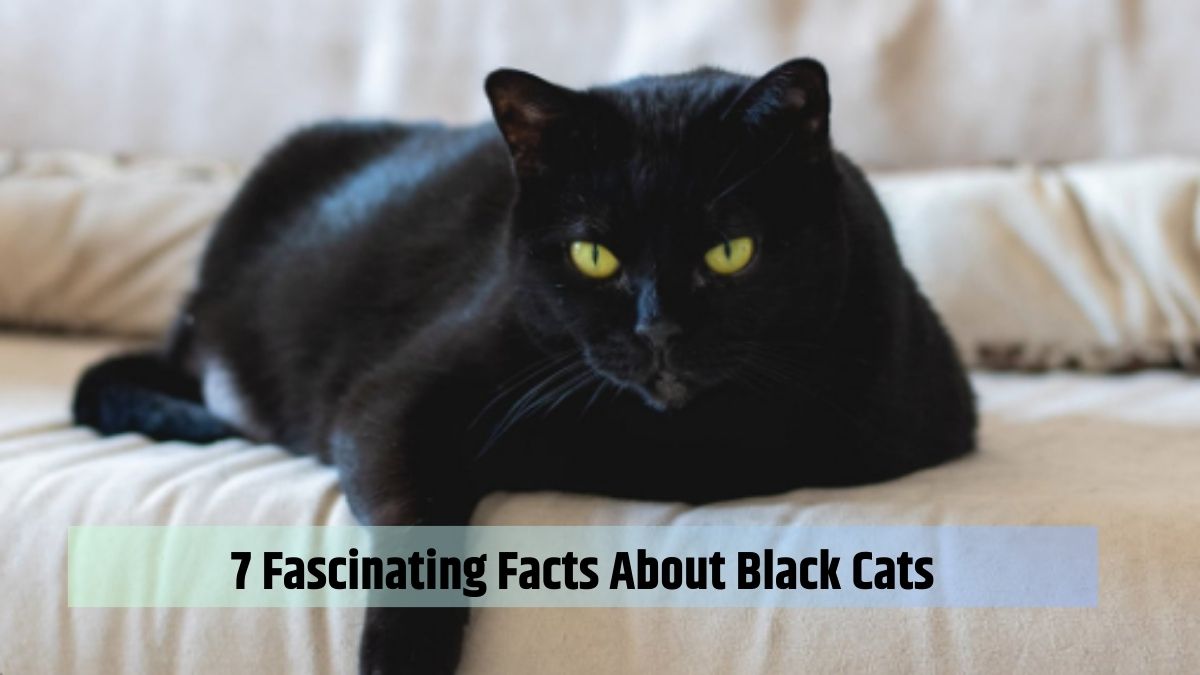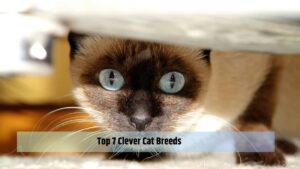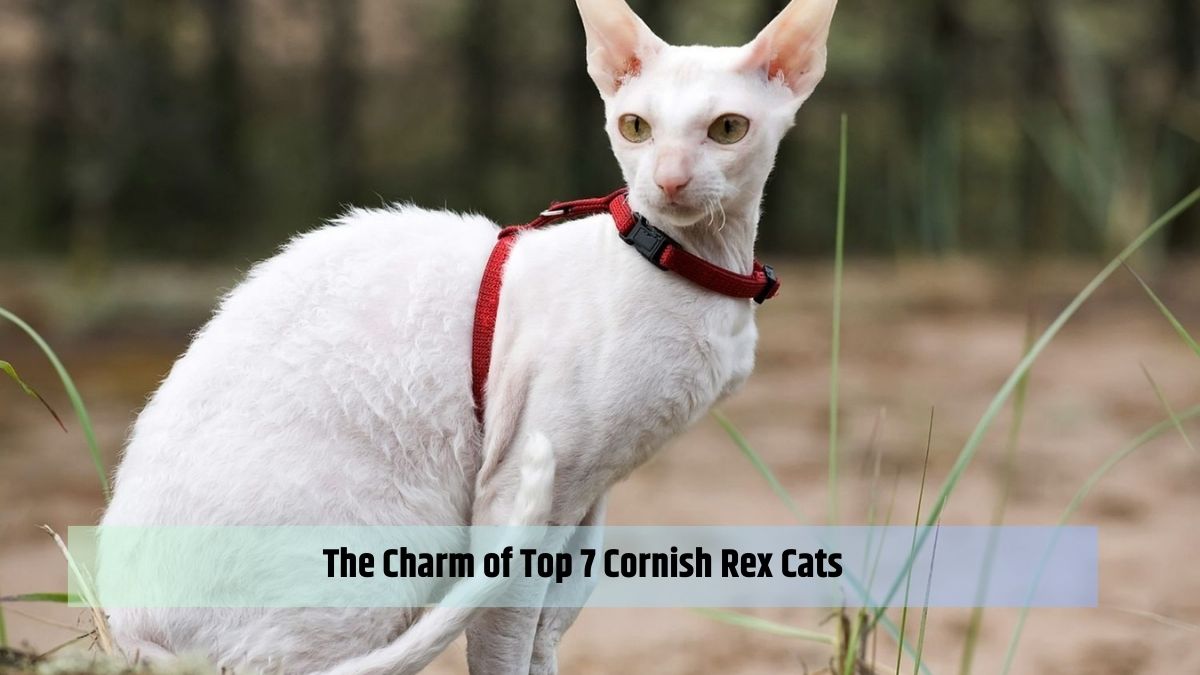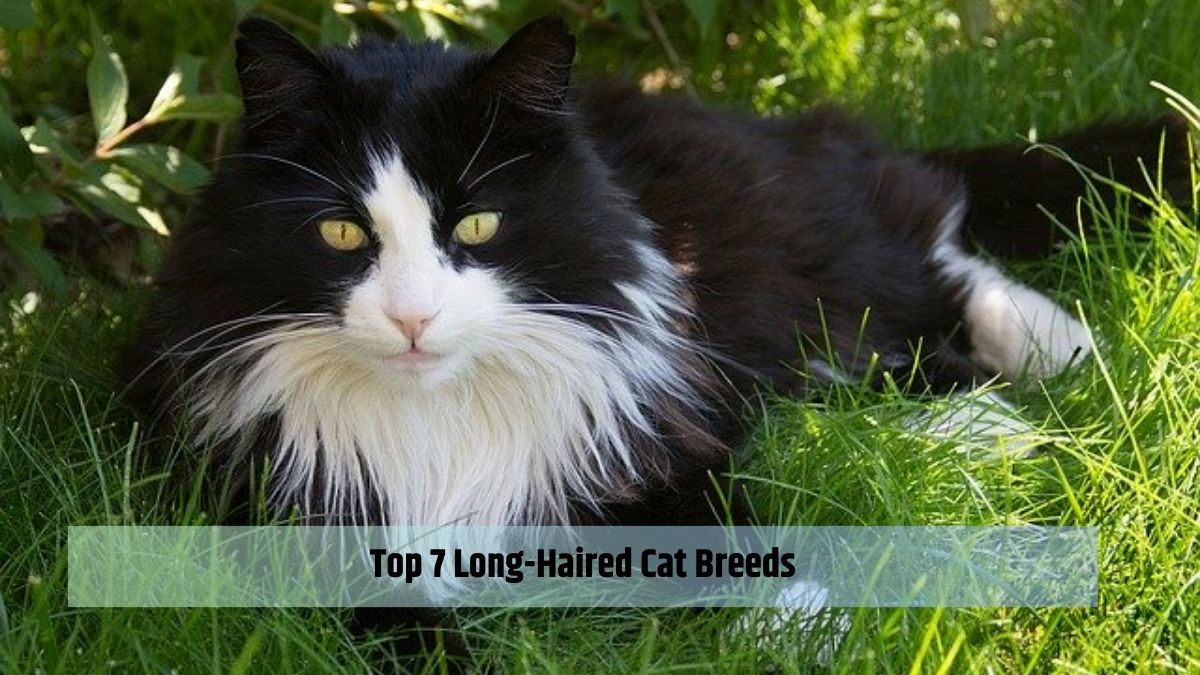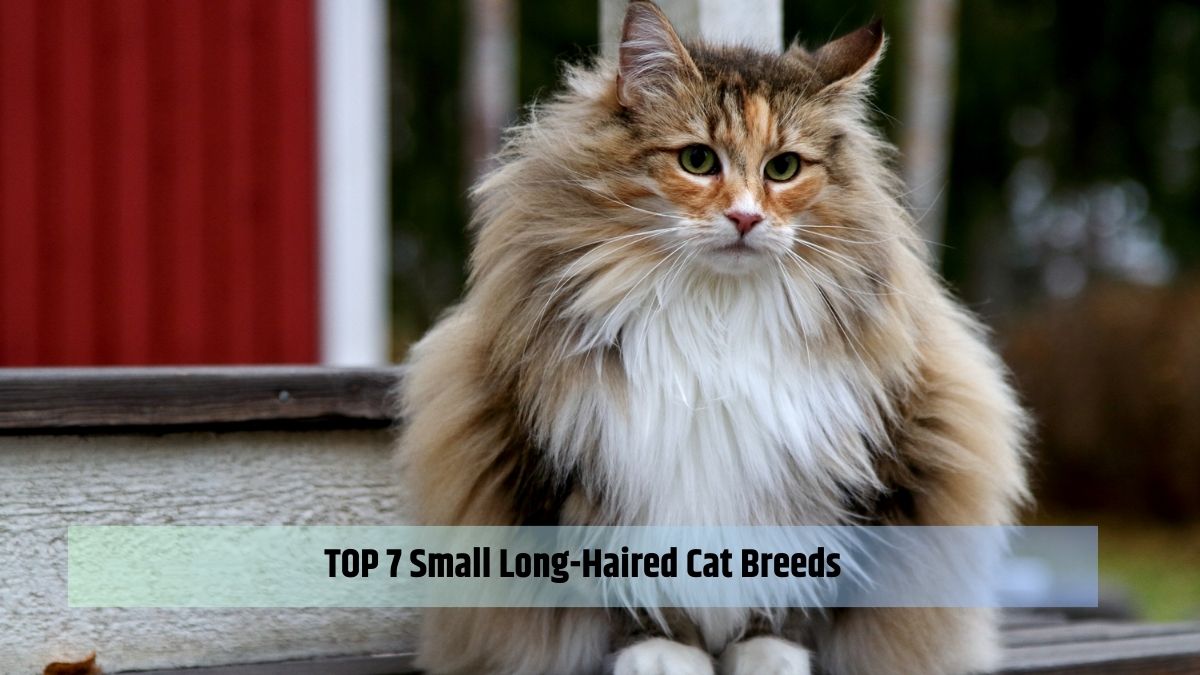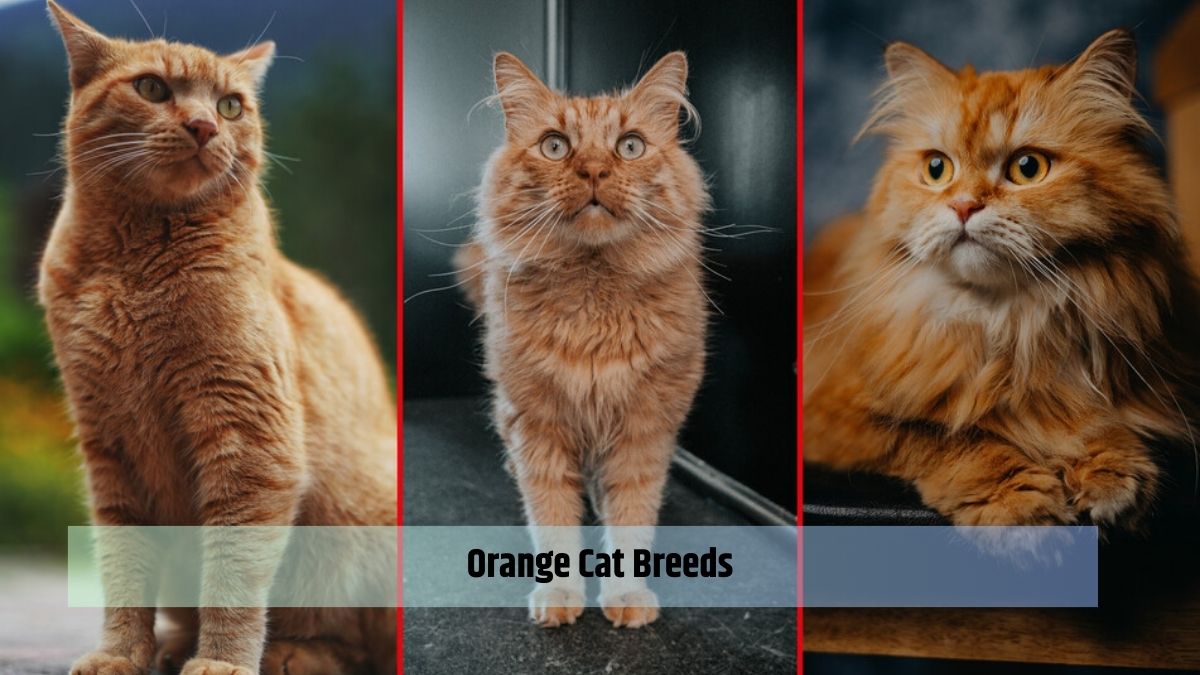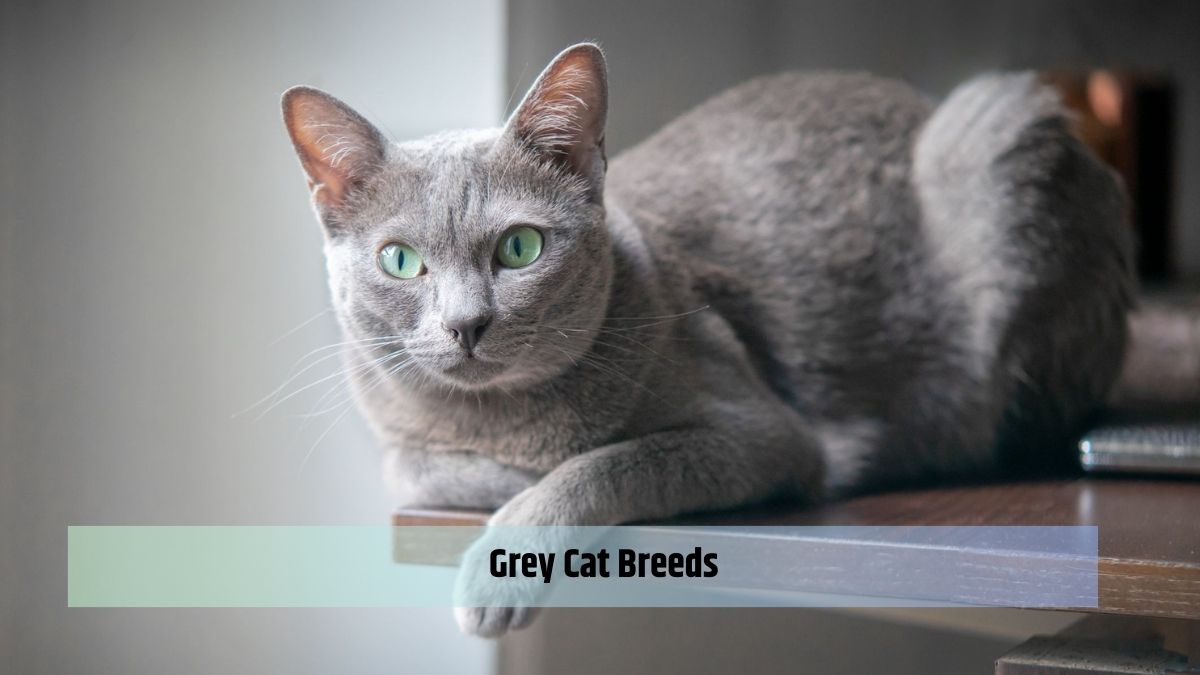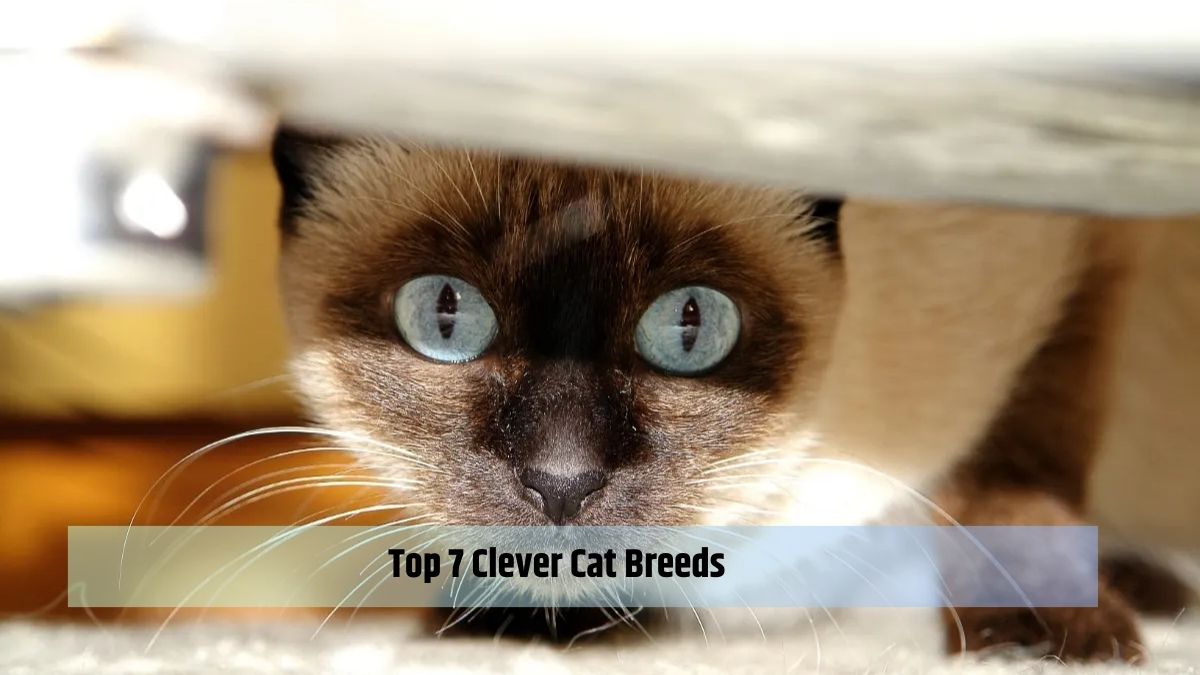There are many myths and superstitions about black cats, but beyond the myths, they are interesting and unique pets. This guide will show you seven interesting facts about black cats that will help you understand their history, personality, and the special place cat lovers have in their hearts for them.
The Symbolism of Black Cats
Before exploring specific facts, it’s important to understand the historical symbolism attached to black cats. Often associated with superstitions, black cats have been both feared and revered throughout different cultures and time periods.
Genetic Variations in Coat Color
Black cats owe their rich, dark coat color to a high concentration of melanin. Interestingly, there are variations within the black cat category, including solid black, black with a white spot (known as “locket”), and black with faint tabby stripes (sometimes called “ghost tabby”).
Black Cat Appreciation Day
In celebration of these mysterious felines, Black Cat Appreciation Day is observed on August 17th. This day aims to dispel myths surrounding black cats and encourage their adoption by highlighting their unique qualities and personalities.
Black Cats in Pop Culture
Black cats have often been featured in literature, folklore, and pop culture. From the iconic black cat crossing one’s path to the magical presence of Salem in “Sabrina the Teenage Witch,” these felines have left an indelible mark on storytelling.
Positive Associations in Some Cultures
While black cats are often associated with superstitions in Western cultures, they are considered symbols of good luck and prosperity in others. For example, in Scottish lore, a black cat arriving at a home is believed to bring prosperity.
Black Cat Breeds
Several cat breeds are known for their black coat color, including the Bombay, a breed created to resemble a small, sleek panther. The Oriental Shorthair and the Cornish Rex are other breeds that can display a stunning ebony hue.
Adoption Challenges
Sadly, black cats often face challenges in adoption due to lingering superstitions and myths. Despite being just as affectionate and charming as cats of other colors, they may spend more time in shelters awaiting their forever homes.
Conclusion
Black cats, with their enigmatic elegance and rich history, deserve to be appreciated for their unique qualities and individual personalities. By dispelling myths and celebrating their distinct charm, we can foster a deeper understanding and love for these mysterious feline companions.
FAQs
Are black cats more prone to health issues?
No, there is no evidence to suggest that black cats are more prone to health issues based on their coat color. Like any other cat, their health is influenced by genetics, diet, and overall care.
Are black cats more sociable or independent?
Sociability and independence vary among individual cats rather than being linked to coat color. Black cats can be both sociable and independent, depending on their personalities and experiences.
Do black cats bring bad luck?
No, black cats do not bring bad luck. The superstition surrounding black cats is unfounded, and in many cultures, they are considered symbols of good luck and prosperity.
Why are black cats associated with witches?
The association between black cats and witches dates back to medieval Europe, where superstitions linked them to witchcraft. This stigma has persisted in folklore and popular culture.
Do black cats have a different temperament?
Coat color does not determine a cat’s temperament. The personality of a black cat is influenced by factors such as genetics, early socialization, and individual experiences. They can be affectionate, playful, and loving, just like cats of other colors.
Can black cats have variations in their coat color?
Yes, black cats can have variations in their coat color, including solid black, black with white markings, and faint tabby stripes. These variations are due to genetic factors.
